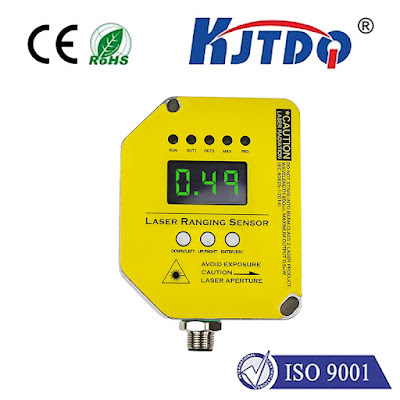M12*138 Plug-in High Pressure Inductive Proximity Sensor
M12*138 Plug-in High Pressure Inductive Proximity Sensor
Technical specifications
Standardized size: The M12138 plug-in sensor adopts the standard M12138 socket size design, which is suitable for the installation needs of a variety of industrial equipment, making it easier to apply in various industrial environments.
High-pressure adaptability: This sensor is specially designed for high-pressure environments and can operate stably in hydraulic systems, high-pressure pipelines, etc. without being disturbed by the external environment, ensuring long-term reliability and stability.
Induction principle: M12*138 plug-in high-voltage inductive proximity sensor adopts the inductive principle and triggers signal output by detecting the proximity of metal target objects. This principle enables the sensor to feature non-contact detection, high sensitivity and high precision.
Durability: In order to meet the needs of long-term use in harsh industrial environments, this sensor is usually made of high-pressure-resistant and corrosion-resistant materials, with good durability and stability.
Application areas
M12*138 plug-in high-voltage inductive proximity sensor is widely used in many industrial fields, including but not limited to:
Hydraulic system monitoring: In the hydraulic system, this sensor can be used to monitor the position of the hydraulic cylinder, the switching status of the valve, etc., thereby achieving intelligent control and fault diagnosis of the hydraulic system.
High-pressure pipeline safety: In high-pressure pipelines or containers, this sensor can be used to monitor the flow of media, the blockage status of the pipeline, etc., to ensure the safe operation of the pipeline system.
Mechanical equipment automation: In various mechanical equipment, this sensor can be used to detect the position and motion status of parts, etc., to achieve automatic control of equipment and optimization of the production process.
product link:https://www.kjt-sensors.com/show-128.html





Comments
Post a Comment